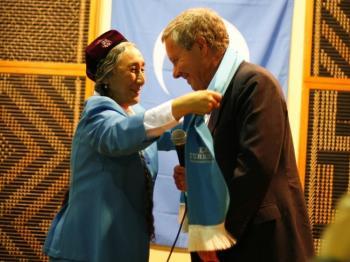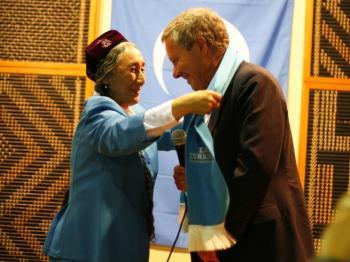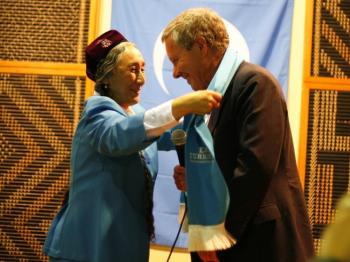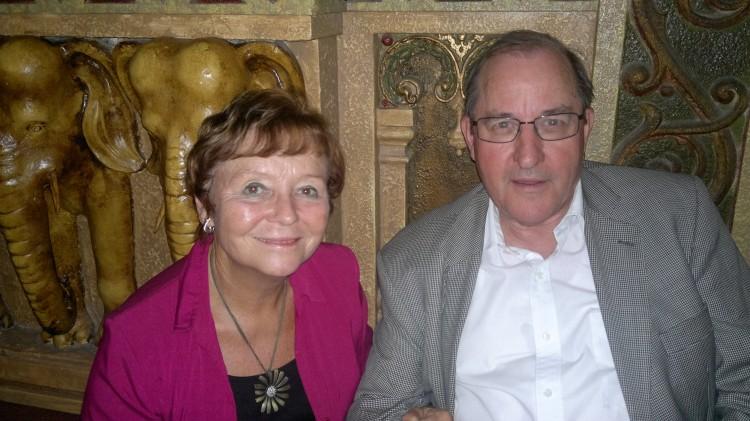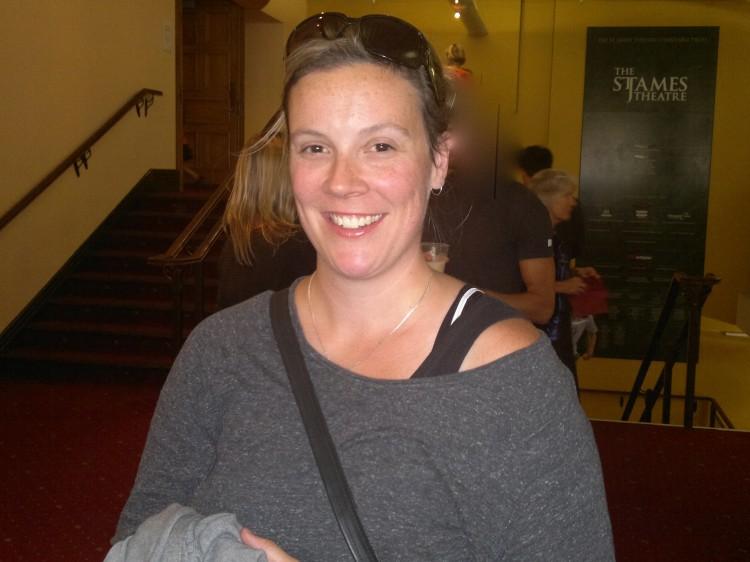NEW ZEALAND—Uyghur leader and campaigner Rebiya Kadeer says that the northwestern province of Xinjiang, China, is like an “open prison” for the Uyghur people. She is calling on the Chinese authorities to stop their “cultural genocide.”
The exiled activist, who has been labeled a “terrorist” by the Chinese Communist Party, was speaking out to audiences at Auckland University and the Pioneer Women’s Hall earlier this week.
Introducing Ms. Kadeer, Green Party member of parliament Keith Locke said that the Green Party’s invitation to Rebiya Kadeer had raised questions over democracy, not only in China, but in New Zealand as well.
Mr. Locke said that Auckland University’s initial refusal to allow Ms. Kadeer to speak on campus set a bad precedent. Everyone should be free to speak and debate ideas on university property, he said.
“We will [not] deny the students, the lecturers and people of Auckland the right to hear her on university property when the universities are supposed to be a place for open debate where all ideas can be expressed.
A room that had been booked at the university for Ms Kadeer’s meeting was cancelled by the university administration. Professor David Williams from the law department advised the vice chancellor that this action would ‘damage the university and it’s reputation’ and another room on campus was arranged.
The exiled activist, who has been labeled a “terrorist” by the Chinese Communist Party, was speaking out to audiences at Auckland University and the Pioneer Women’s Hall earlier this week.
Introducing Ms. Kadeer, Green Party member of parliament Keith Locke said that the Green Party’s invitation to Rebiya Kadeer had raised questions over democracy, not only in China, but in New Zealand as well.
Mr. Locke said that Auckland University’s initial refusal to allow Ms. Kadeer to speak on campus set a bad precedent. Everyone should be free to speak and debate ideas on university property, he said.
“We will [not] deny the students, the lecturers and people of Auckland the right to hear her on university property when the universities are supposed to be a place for open debate where all ideas can be expressed.
A room that had been booked at the university for Ms Kadeer’s meeting was cancelled by the university administration. Professor David Williams from the law department advised the vice chancellor that this action would ‘damage the university and it’s reputation’ and another room on campus was arranged.
